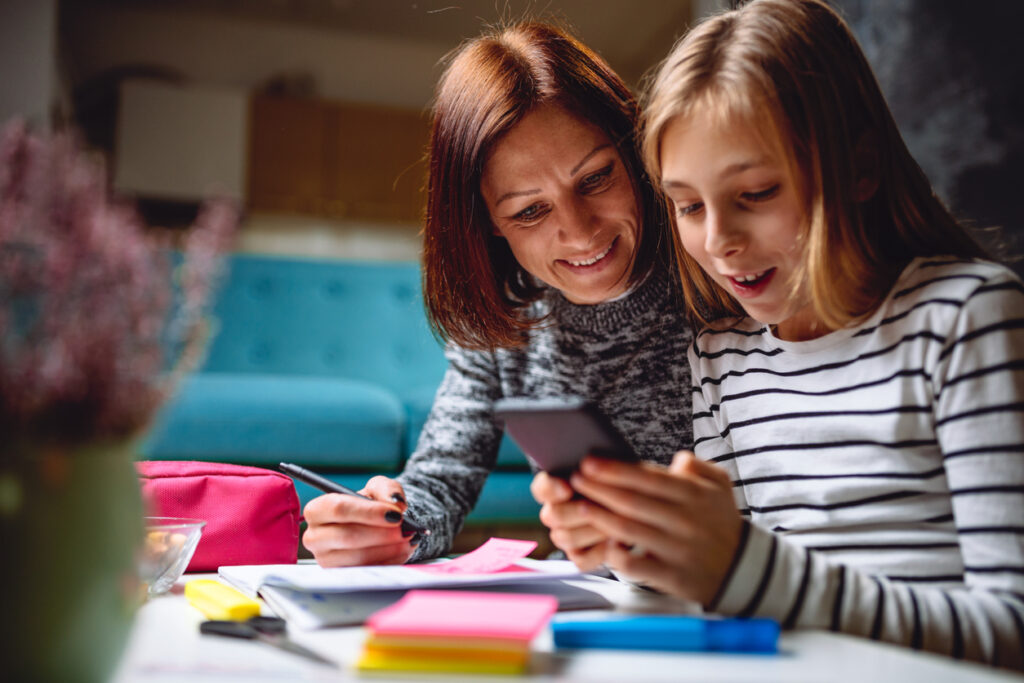Overview
Are you supposed to be doing an important task but instead of doing so, you’re scrolling through instagram and stumbled upon this very article you’re reading? Well, no one can stop you. But while we’re at it, let’s ask ourselves one simple question: Why is social media so popular?
What Is Social Media?
Social media comprises the applications and websites that allow people to interact with other users, businesses, communities, and content. Examples of social media include Facebook, TikTok, Instagram, Twitter, and even WhatsApp. Social media can be divided into groups of four:
- Social networks
Social networks, such as Facebook and Twitter, allow people to foster relationships with family, friends, brands, and perfect strangers. Moreover, users can follow other users online, sharing photos, life updates, random thoughts, and more. Businesses can capitalize on social networks through branding and customer service.
- Media-sharing networks
People typically use these platforms—such as Instagram, Snapchat, TikTok, and YouTube—to share photographs, videos, and other types of media. Media-sharing platforms are the domain of social-media influencers: Popular users who use their social platforms to influence their audience’s lifestyles, consumer behavior, and create communities known as “Fandoms” of a certain media. Through partnerships with these influencers, businesses can target specific audiences and promote their products or services.
- Discussion forums
On discussion forums, people can share general advice, ask silly (or serious) questions, make restaurant recommendations—anything you can think of, and a few things you probably can’t. Because platforms such as Reddit have lots of visitors (1.7 billion visits to the site were recorded in May 2022) discussing a large number of topics, businesses can use discussion forums to gain research insights into new potential markets.
- Consumer reviews
You have likely used apps such as TripAdvisor and Yelp before, maybe when you were vacationing in a new city, exploring a new type of cuisine, or sounding off on a good—or bad—consumer experience. Therefore, many people rely on these platforms and their reviews when making decisions about new products, brands, and services.
The Science Behind Its Popularity
Notice how most of these social media platforms involve the same elements of followers, likes, and notifications? These particular key points as well as other factors are the reason why adolescents and adults alike have become increasingly addicted to social media. Hence, leading to its popularity.
According to an article by Harvard University researcher Trevor Haynes, when we receive notifications or likes on social media platforms,our brains associate this with a pleasant experience and release a ‘feel-good’ hormone called dopamine—just as recreational drugs and gambling do.
When dopamine is released, it creates a positive association with whatever behaviors prompted its release, training you to repeat them. When further dopamine is released into the bloodstream, this compels your brain to repeat self destructive behaviors such as binging on alcohol or in this case, spending hours on apps that make you unhappy.
Similarly, followers and likes have also truly changed the perception of everyone’s lives. All of a sudden, you find yourself craving more likes for a video you posted on TikTok or maybe comparing yourself to a friend who has more followers than you. These behaviors tap into some of the very elements that make us humans, our addictions, desires, anxieties and joys.
Further research has also shown that giving and receiving ‘likes’ activate the reward associated with parts of our brains. This positive recognition is the same feeling we get when we exercise or achieve a set goal which further highlights how these simple actions on social platforms can trigger feelings of validation.
With 1.13 trillion likes on Facebook since it launched in 2004, that’s 4.5 billion every day and 3,125,000 new likes a minute! It’s easy to feel compelled to compare our numbers with those of others. If we aren’t getting as many we may feel inadequate. It’s important users and social media platforms take steps now to ensure we don’t indulge in an excessive dependence on validation from the virtual worlds that we have created.
How Do We Stop Social Media Addiction?
There are simple steps users can take to eliminate the feelings of FOMO (feeling of missing out) and other negative effects that constantly checking your phone can bring. Pausing or turning off notifications will give you a respite from the buzz. Furthermore, unfollowing accounts that trigger feelings of low self esteem or hiding their profiles from your feed will help to stop self destructive behaviors such as jealousy and resentment. Users shouldn’t add yet another pressure by assuming the key is to banish their phones forever. However, changing your mindset to a more positive one and giving yourself a break will help to promote positive actions and choices.
Conclusion
To summarize, it seems social media has become more about liking and being liked than a place for users to make genuine connections and share information which is after all the original purpose of these platforms. Social media is designed to be addictive; It is truly not your fault. However, it is your responsibility to ensure that you use these platforms in a healthy and safe way. If we take action to bring social media back to basics now, we will change how we connect with others and develop relationships with ourselves for years to come.
References
Staff, N. (2021, October 21). Are we obsessed with Likes and followers? New Digital Age. https://newdigitalage.co/social-media/are-we-obsessed-with-likes-and-followers/#:~:text=According%20to%20an%20article%20by,%2Dgood’%20hormone%20called%20dopamine.
What is social media? (2023, June 8). McKinsey & Company. https://www.mckinsey.com/featured-insights/mckinsey-explainers/what-is-social-media
Hansen, K. (2022, October 17). Our social media addiction. Harvard Business Review. https://hbr.org/2022/11/our-social-media-addiction


